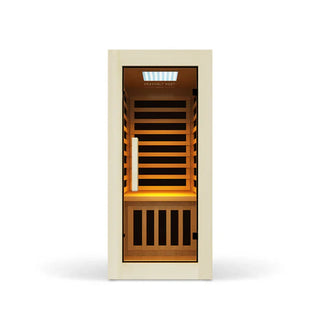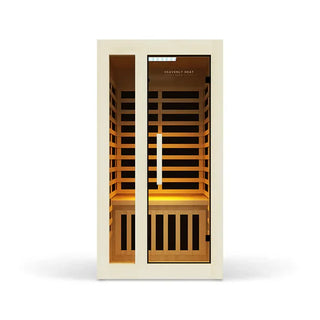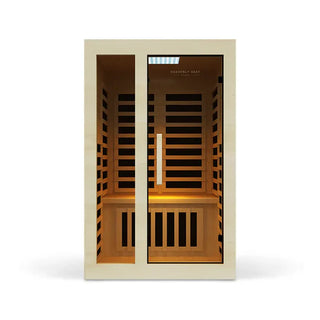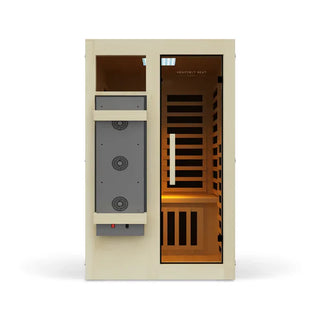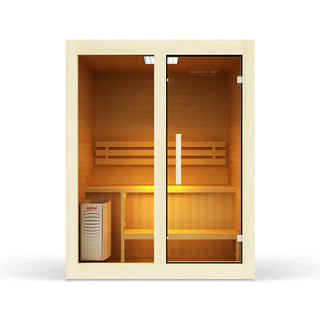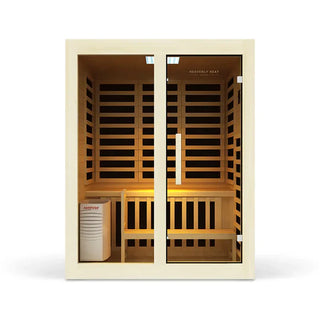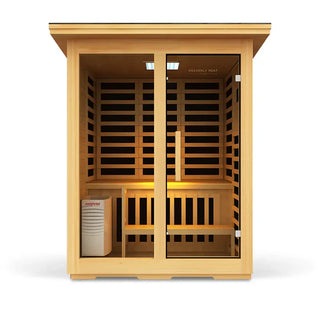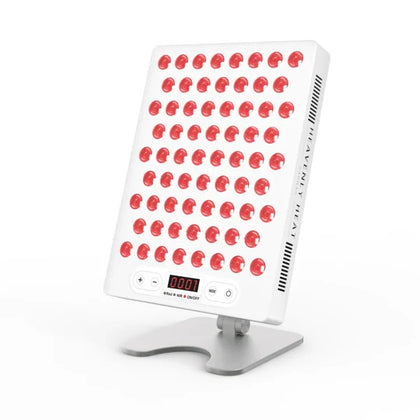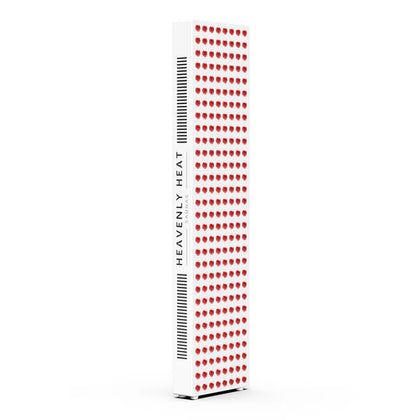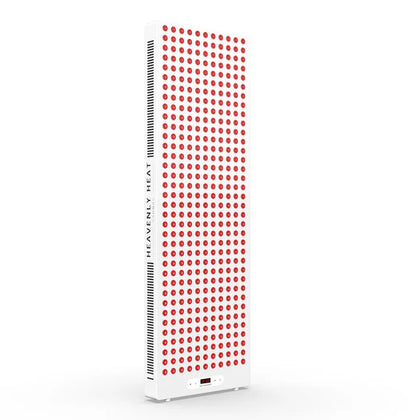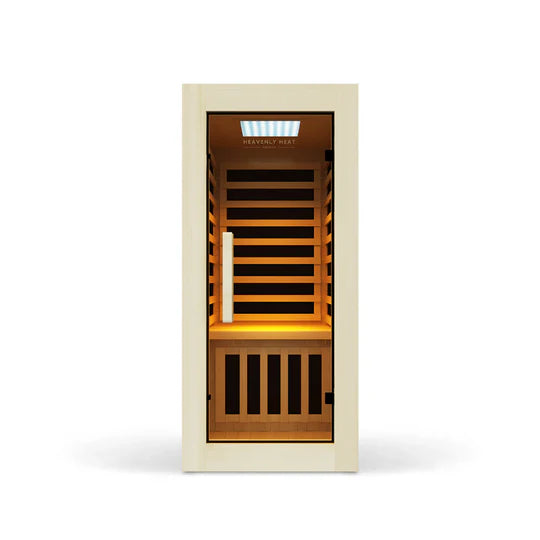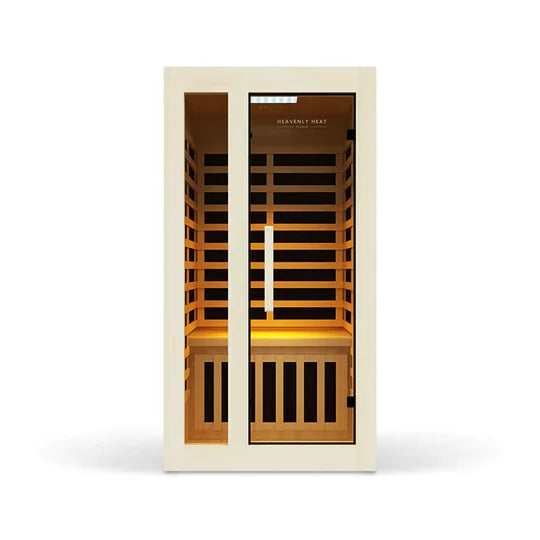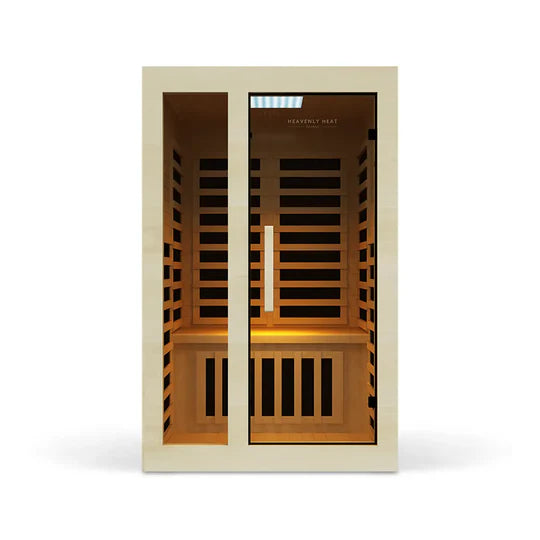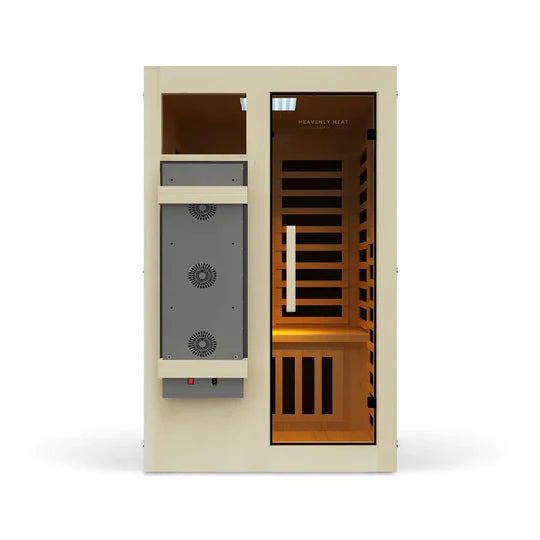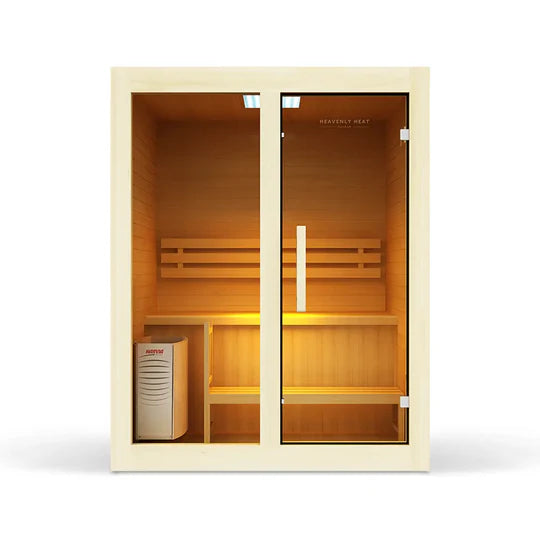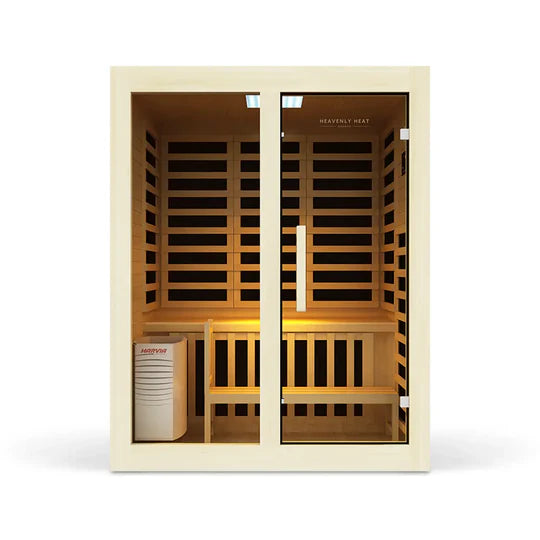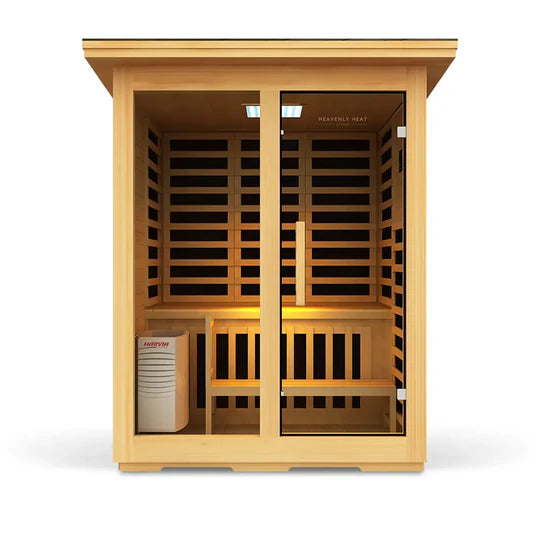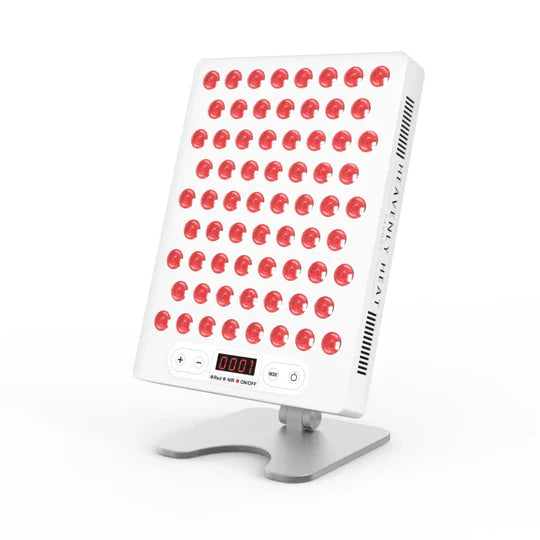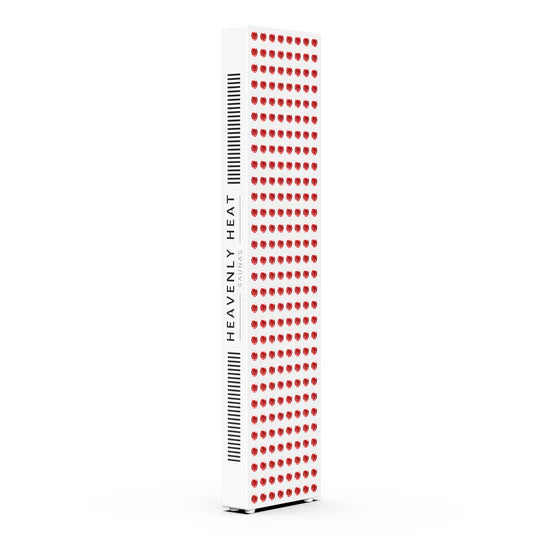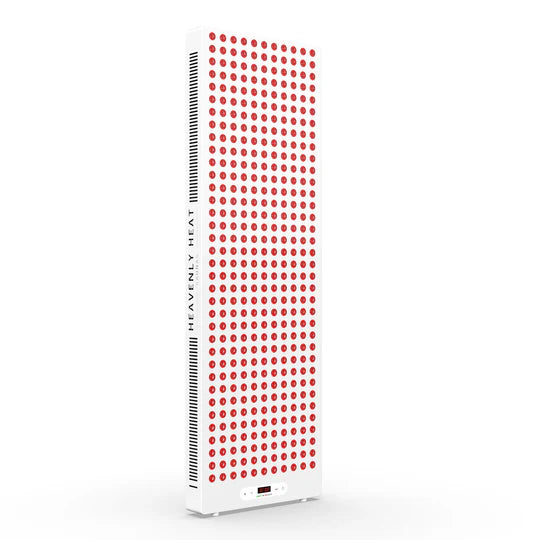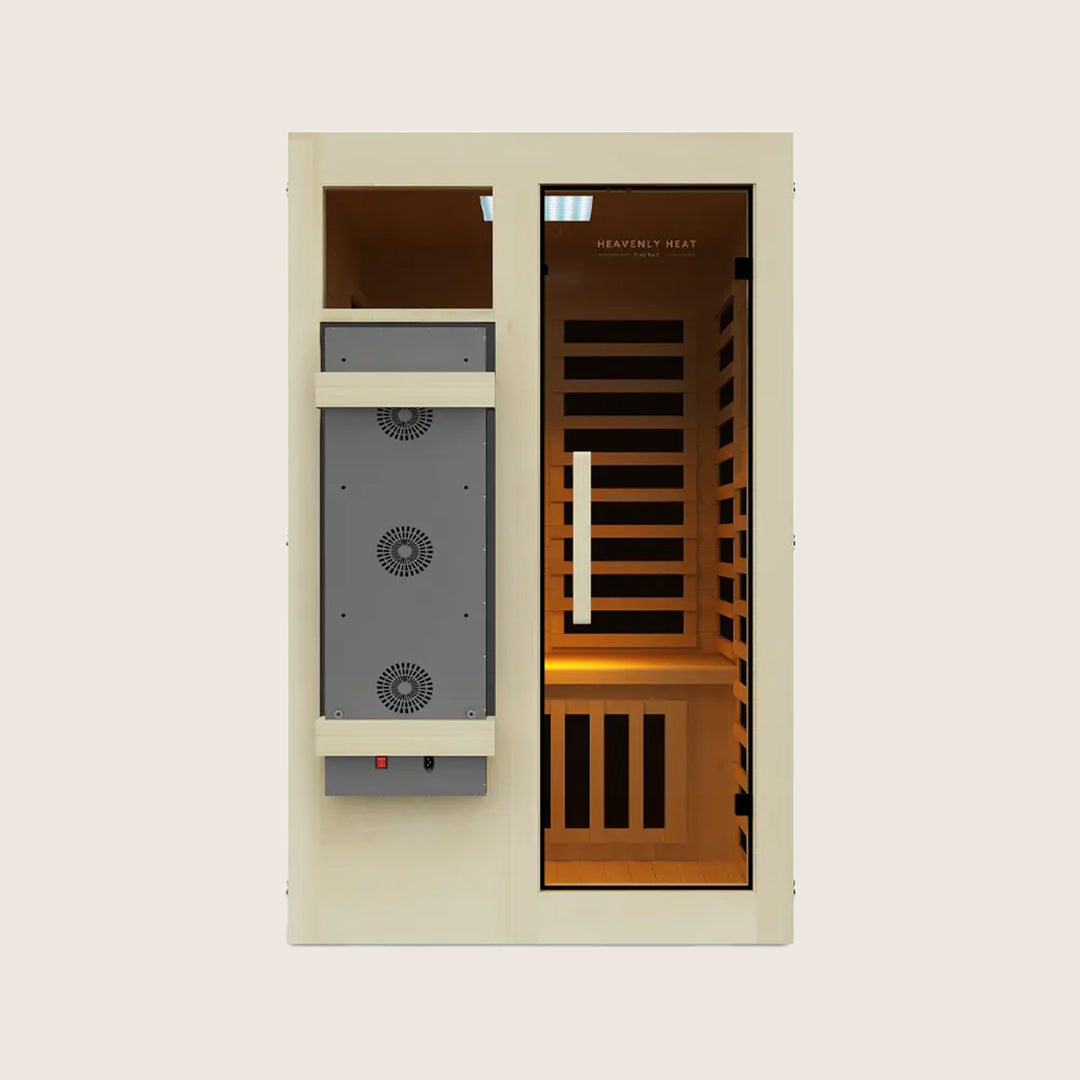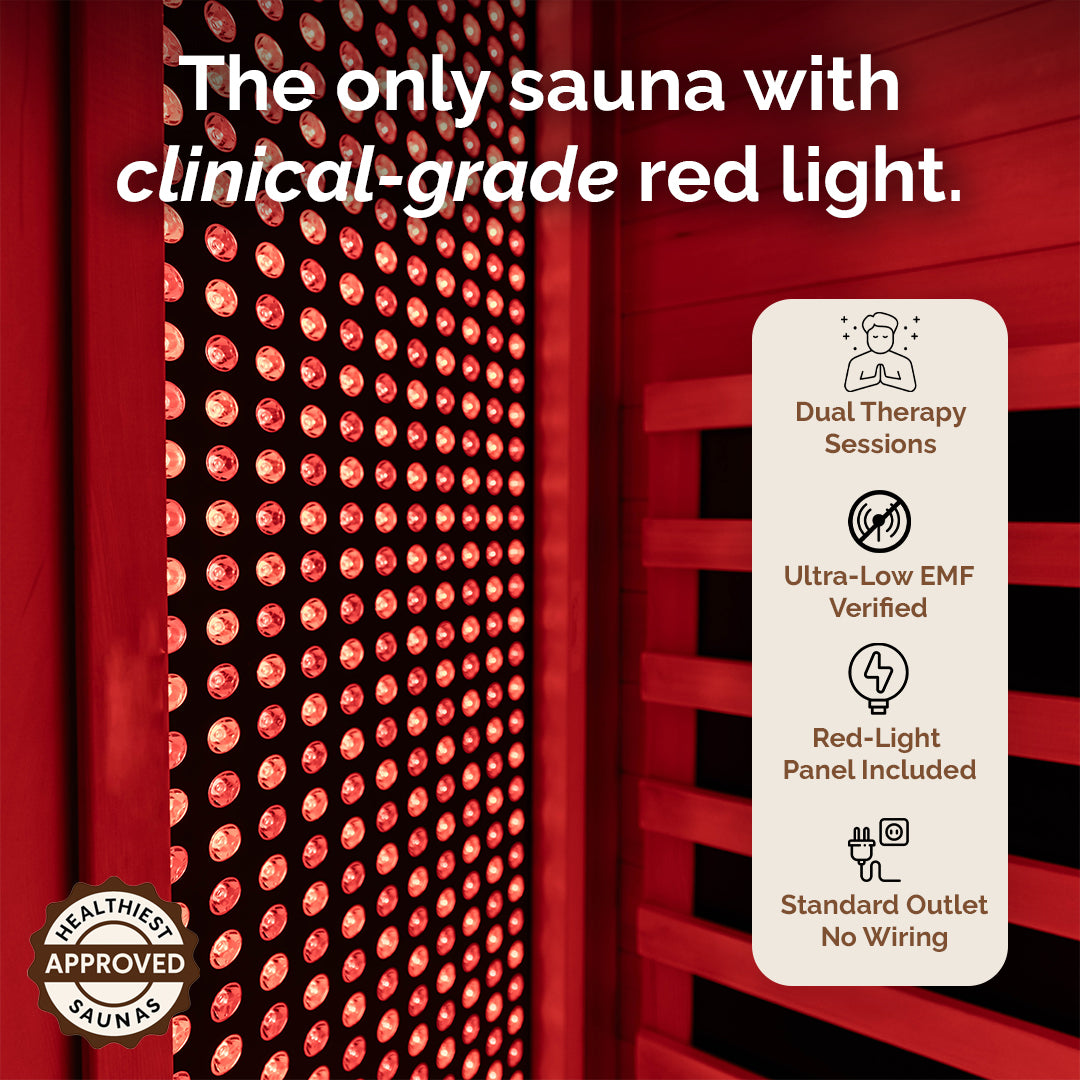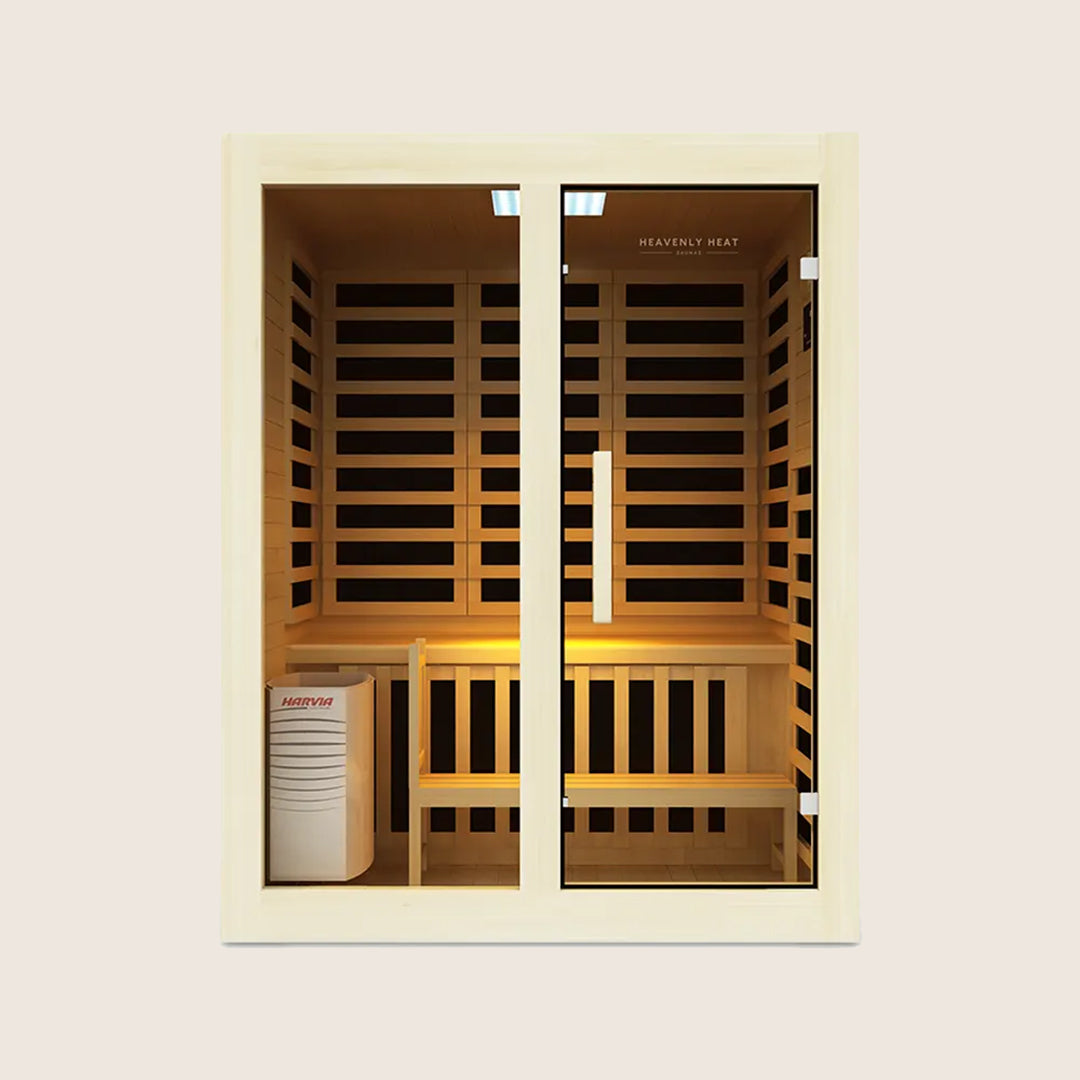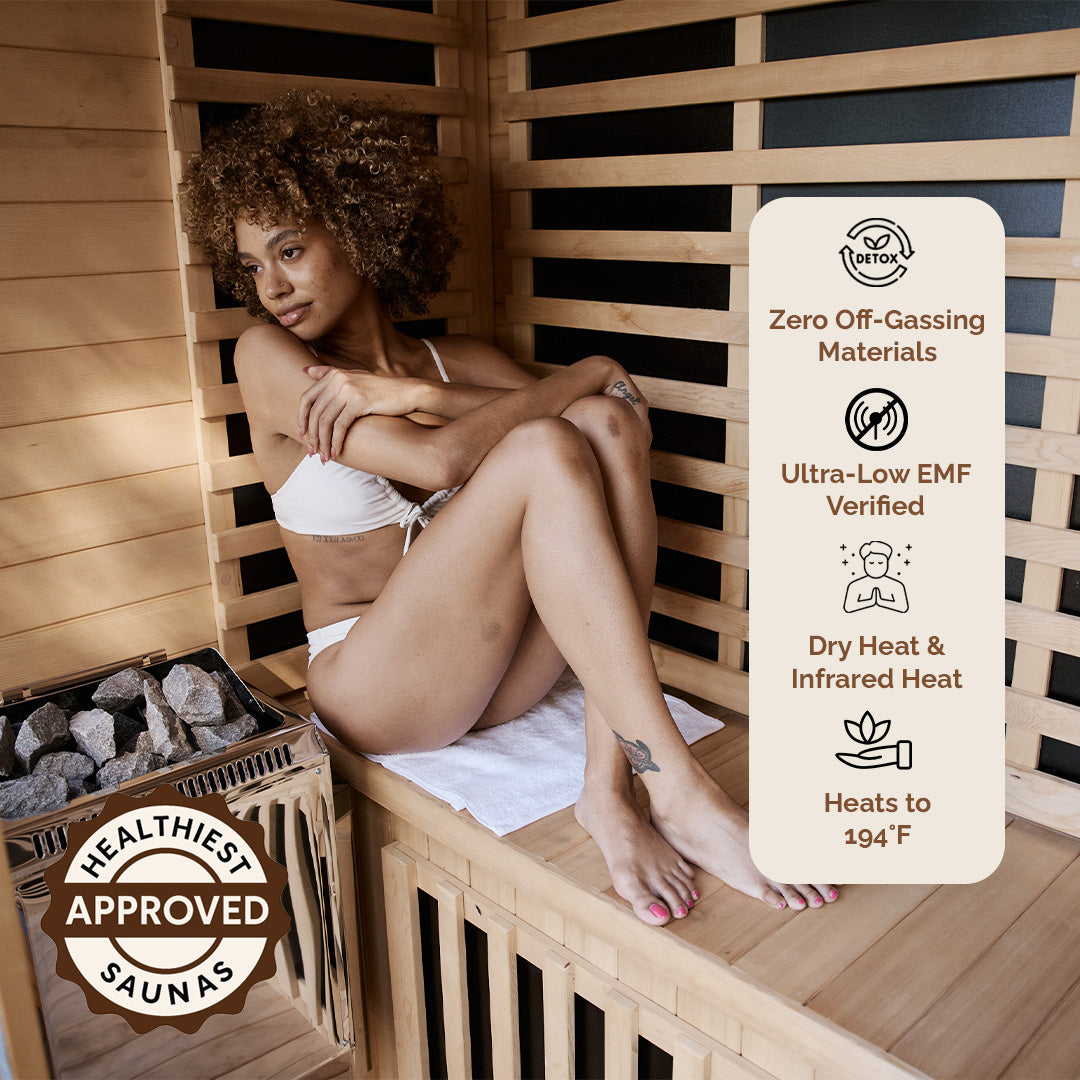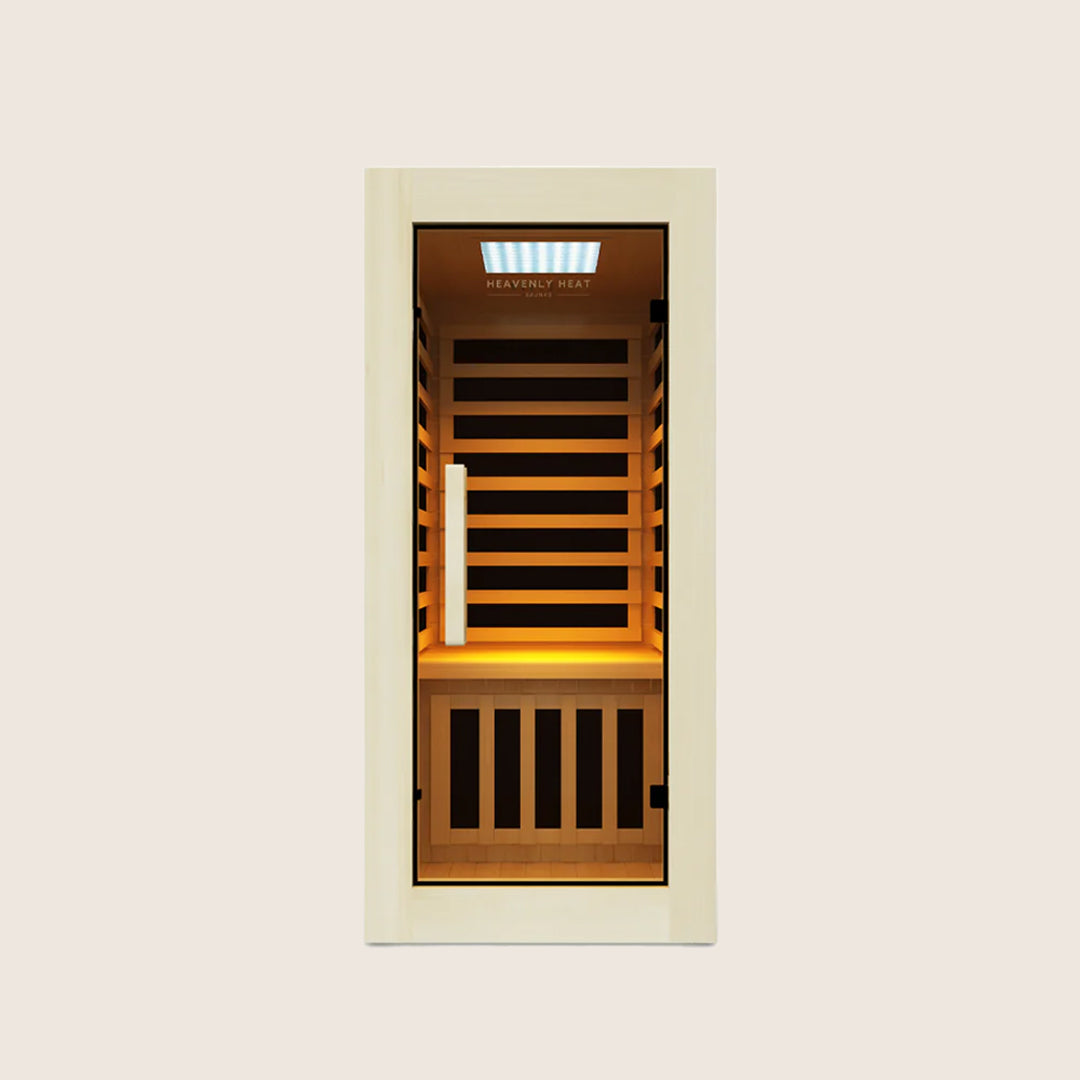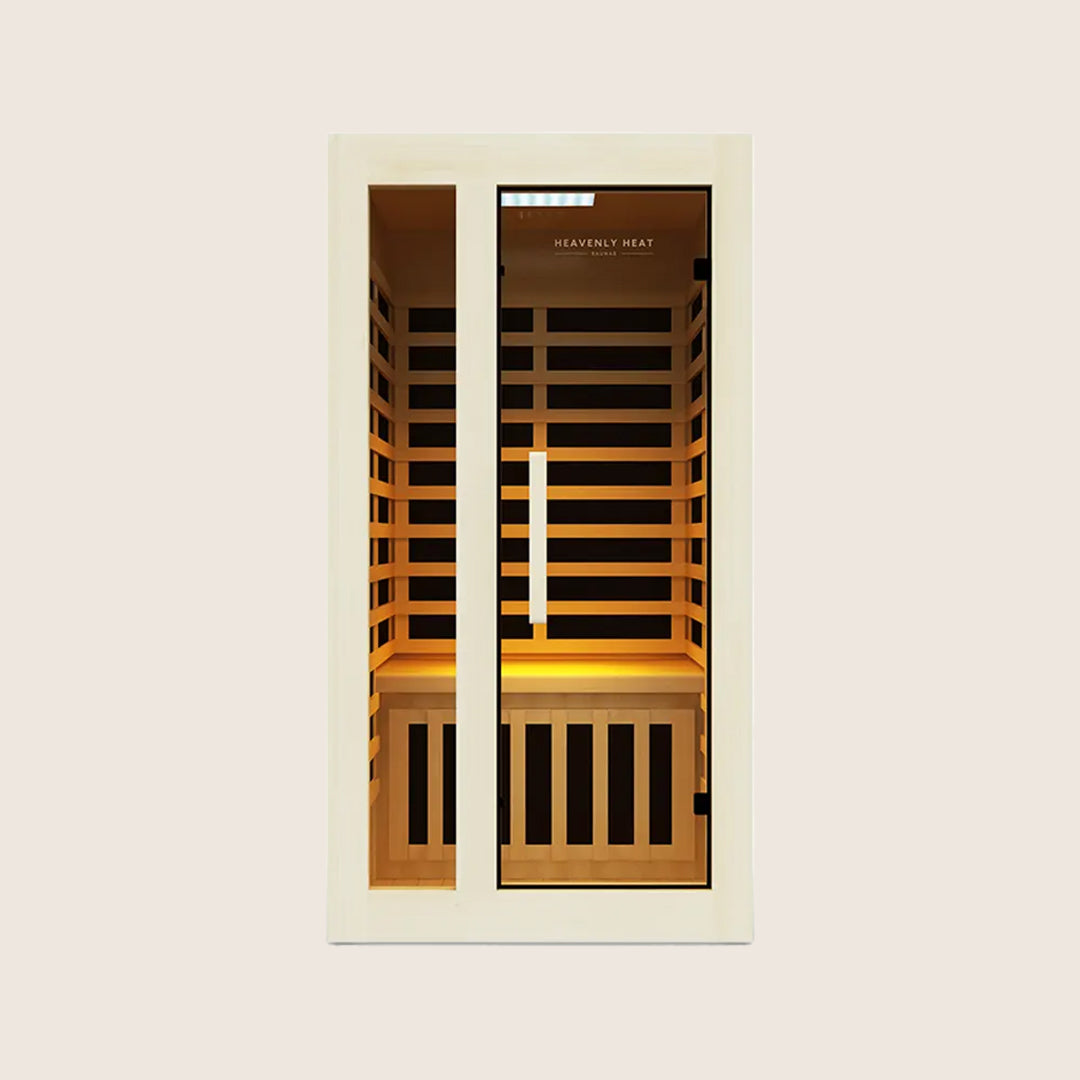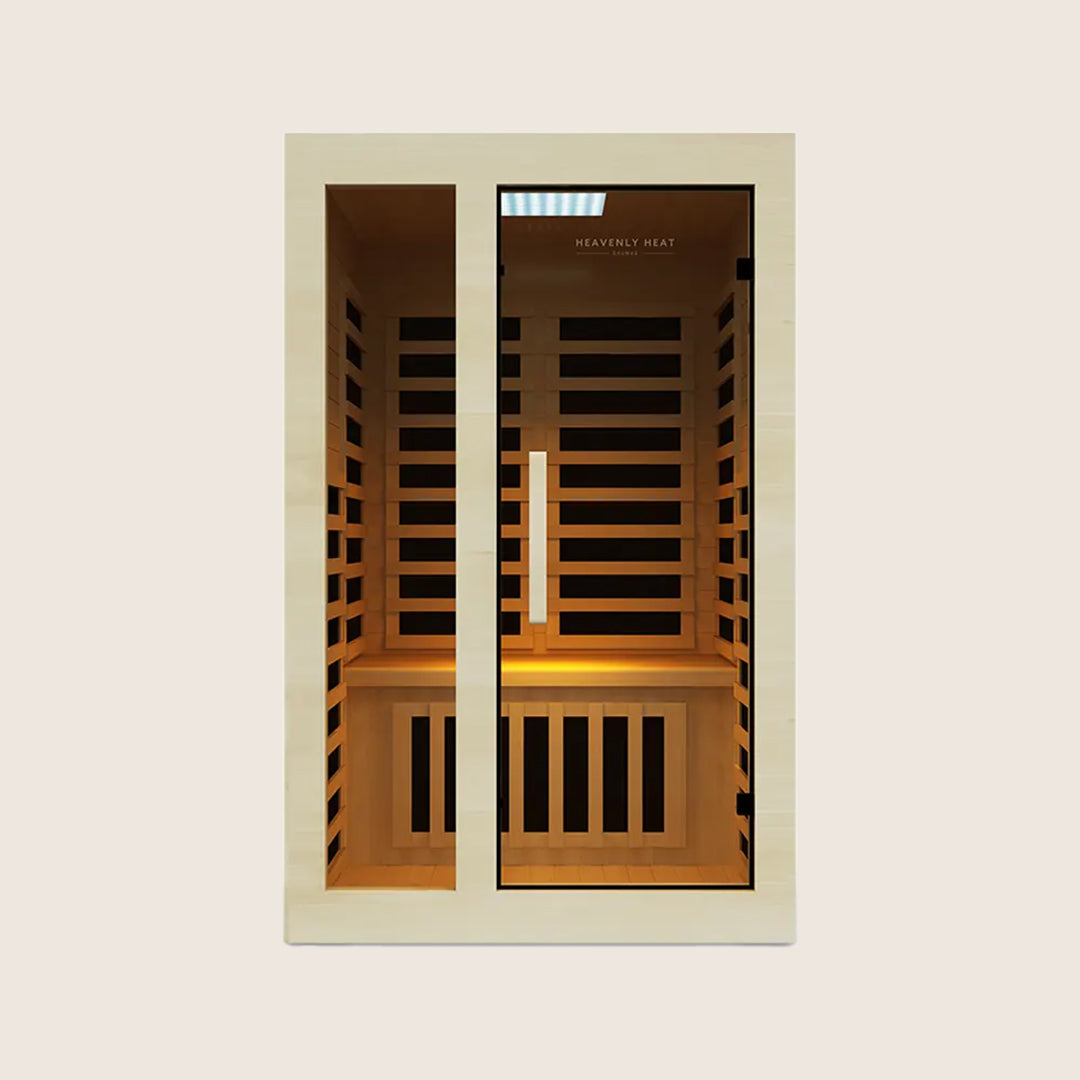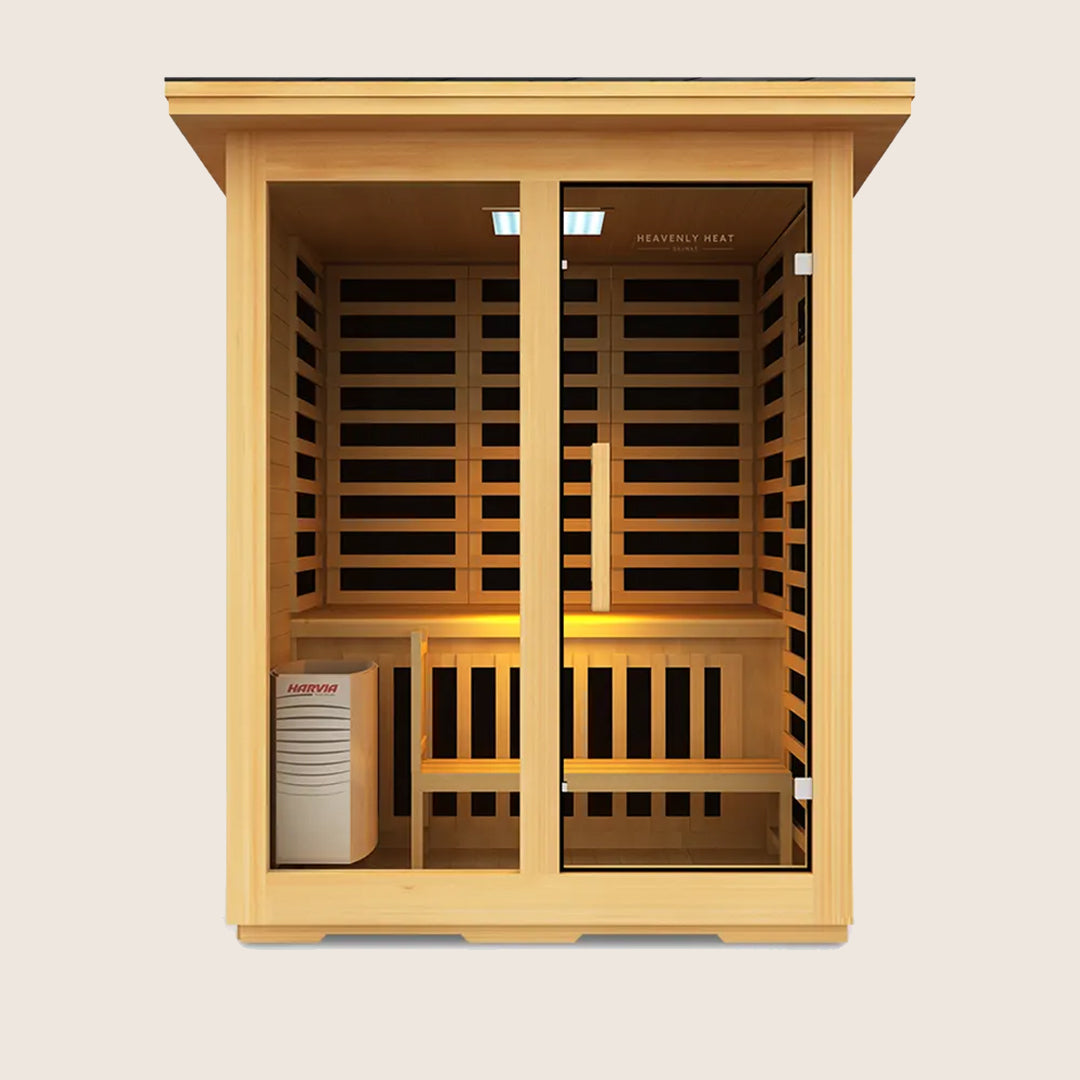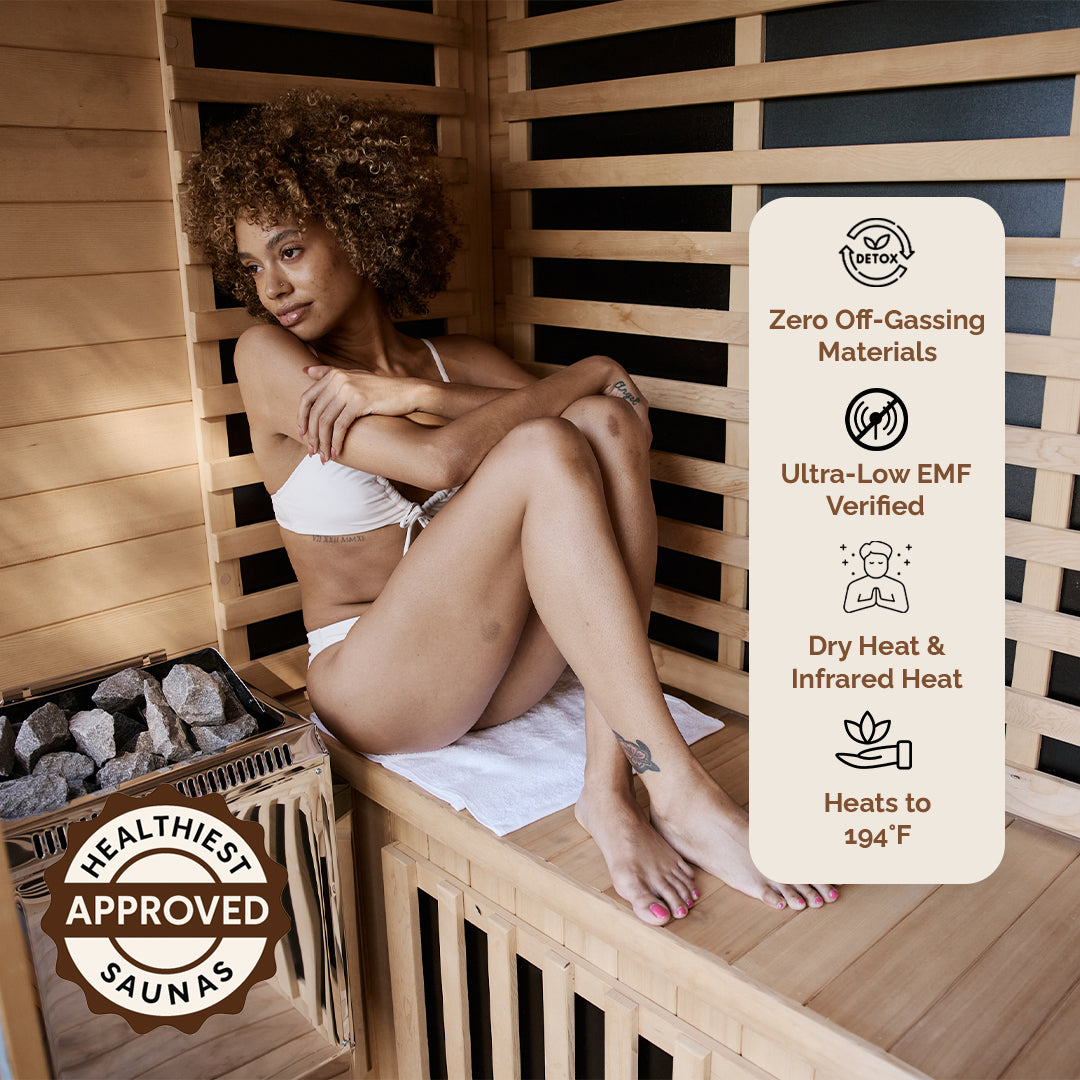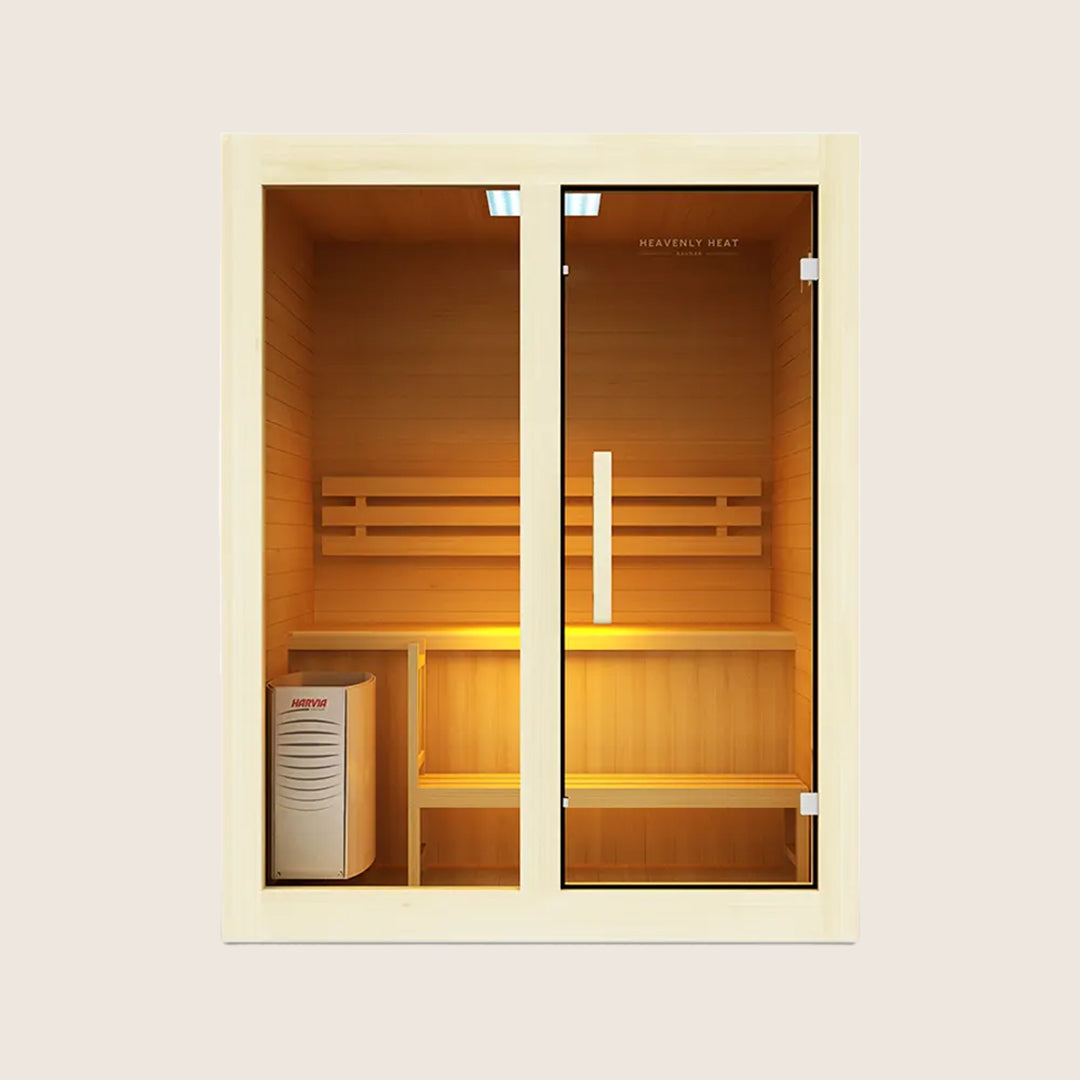Why Does My Nose Burn in The Sauna?

Have you ever felt your nose burn while sitting in a sauna? That uncomfortable, stinging feeling happens to many people and can ruin your relaxing time.
Understanding why your nose burns can help you enjoy saunas safely and comfortably. Let’s explore the common causes and easy ways to soothe that burning sensation.
Key Takeaways
-
Stay Hydrated: Drink water before and after sauna sessions to protect your nasal passages.
-
Avoid Dry Heat Triggers: Dry saunas can irritate your nose—consider steam rooms or take cool-air breaks.
-
Know Your Sensitivities: Essential oils, cleaning agents, or mold can worsen nasal burning.
-
Use Gentle Remedies: Soothe irritation with aloe vera, cool compresses, or natural oils.
-
Watch for Warning Signs: Frequent nosebleeds or burning may mean it’s time to shorten sessions or lower the heat.
Why Does My Nose Burn in The Sauna?
Dry Heat and Low Humidity
- Dry Heat Dries Out Nasal Passages: Dry heat in saunas quickly pulls moisture from your nasal passages, leaving the mucous lining dry and irritated. This dryness causes a burning sensation and discomfort in both your nose and throat.
- Persistent Irritation May Signal Infection: Sometimes, dryness or burning could indicate something more, like a lingering infection. For example, COVID-19 can cause similar nasal symptoms. If irritation doesn’t subside, it’s wise to check for infections.
- Risks of Excessive Nasal Dryness: When the nasal lining becomes too dry, it can crack and lead to nosebleeds. This can worsen discomfort and cause further complications.
- Solutions to Combat Dryness in Saunas: Adding a humidifier near the sauna helps keep the air moist, easing nasal dryness and soothing irritation. Along with this, staying hydrated, using saline nasal sprays, and taking breaks to breathe cooler air can significantly improve comfort.
- Dry Air’s Impact on Throat and Breathing: Dry conditions in the sauna can also affect the throat and respiratory system, sometimes making breathing feel more difficult.

Heat Sensitivity
- Heat Sensitivity Causes Nasal Burning: High temperatures in dry saunas can inflame nasal passages, especially if you have sensitive skin or respiratory tissues.
- Thin Skin Around the Nose Is More Irritated: The skin around your nose is thinner, making it more prone to irritation and the burning or stinging sensation common during sauna sessions.
- Heat Overload Leads to Serious Symptoms: If you experience dizziness, faintness, headache, or ongoing discomfort, it means your body is struggling with the heat.
- Adjust Sauna Use for Comfort: Try shorter sessions or lower temperatures to avoid worsening symptoms and keep your sauna experience comfortable.
Nasal Mucosa Irritation
The nasal mucosa, the moist lining inside your nose, can become irritated due to sauna heat, which dries out the tissue and causes inflammation.
This irritation may result in soreness or itchiness and, in some cases, minor bleeding. Steam rooms tend to be more comfortable than dry saunas because their higher humidity can help soothe the membranes instead of drying them out.

Allergens or Chemicals
- Chemicals from Wood and Scents Can Irritate Your Nose: Heated wood, essential oils, and cleaning products in the sauna release fumes that can irritate your nose and cause burning.
- Your Nose Can React to Chemicals, Not Just Allergens: Sometimes, the nose reacts to chemicals even if you are not allergic, causing a burning feeling that lasts after the sauna.
- Poor Air Flow Can Make Mold Grow and Hurt Your Nose: If the sauna is not well ventilated, mold or mildew can build up and make your nasal irritation worse.
- Keeping the Sauna Clean and Fresh Helps Protect Your Nose: Make sure the sauna is clean, avoid extra scents if you’re sensitive, and keep the air flowing well to reduce irritation
Why Sauna Use Might Trigger Nosebleeds?
- Sauna Heat Causes Blood Vessels to Expand Rapidly: Sauna heat makes the tiny blood vessels inside your nose expand quickly. When they warm up too fast, they can burst, leading to a nosebleed.
- Dry Air Dries Out Nasal Lining, Increasing Bleeding Risk: The dry air in a sauna can dry your nasal lining, making it crack easily and more likely to bleed.
- High Blood Pressure Increases Risk of Sauna-Induced Nosebleeds: People with high blood pressure are more vulnerable because sauna heat can further raise blood pressure, increasing the chance of nosebleeds.
- Precautions for Those Prone to Nosebleeds During Sauna Use: If you tend to get nosebleeds, it’s best to consult a doctor, keep sauna sessions short, and stay well-hydrated to reduce risks.
Natural Ways to Soothe a Burning Nose After Sauna Use
Apply a Cool Compress
A cool compress helps calm the burning sensation by narrowing blood vessels and reducing inflammation.
Soak a clean cloth in cool water, wring it out, and gently place it over your nose for 10 to 15 minutes. This also numbs nerve endings and provides relief without aggravating the skin.
Use Aloe Vera Gel
Aloe vera gel can reduce inflammation and moisturize dry skin. Whether you use fresh gel from an aloe plant or a good store-bought option, applying a thin layer gently to your nose after sauna helps cool and hydrate the skin.
For best results, reapply the gel two to three times a day, or more often if the skin feels especially irritated, to keep it soothed and moisturized.
This soothing gel also reduces redness and supports healing of heat-exposed areas.
Hydrate with Water or Herbal Tea
Rehydrating after sauna use is essential. Drinking plenty of water, about two liters throughout and after your session, helps replace lost fluids and keeps your nasal tissues moist.
Meanwhile, herbal teas like chamomile or peppermint can soothe your system and reduce inflammation from within.
Moisturize with Natural Oils
Natural oils such as jojoba, coconut, or almond oil are gentle moisturizers that help repair and protect the skin.
Apply a few drops to the affected area with clean fingers. Avoid heavily scented or irritating oils.
Inhale Steam with Essential Oils
Steam inhalation can open nasal passages and reduce inflammation. Add a few drops of essential oil (like eucalyptus or lavender) to a bowl of hot water.
Lean over it with a towel over your head to trap the steam for 5–10 minutes. Use caution with oils if you have sensitivities.
Avoid Harsh Chemicals or Fragrances
After sauna use, your skin is more sensitive. Avoid using fragranced lotions, alcohol-based products, or any skincare containing harsh chemicals. Stick to fragrance-free, gentle products to avoid further irritation.
Use Honey as a Natural Healer
Raw honey has natural healing and antibacterial properties. Apply a thin layer to your nose and leave it on for 15–20 minutes before rinsing. Honey soothes irritated skin and supports healing.

FAQs
Can frequent sauna use cause long-term damage to nasal tissues?
Frequent sauna use can dry out nasal tissues, causing irritation and increasing the risk of nosebleeds. Luckily, the nose heals quickly with rest and proper moisture.
Does the type of sauna (dry vs. steam) affect nose burning?
Dry saunas can cause nasal discomfort due to high heat and low humidity, while steam saunas are generally gentler on the nose thanks to added moisture. However, very hot steam or mineral-rich water may still irritate sensitive individuals.
Could pre-existing nasal conditions worsen burning sensations in the sauna?
Conditions like allergic rhinitis or chronic sinusitis can increase your sensitivity to sauna heat. Inflammation from these conditions makes nasal tissues more reactive to dry or hot air, potentially leading to more pronounced burning or irritation.
Are there lifestyle or environmental factors that can exacerbate nose burning during sauna use?
Yes. Smoking, dehydration, alcohol consumption, allergies, and prior exposure to polluted air can all make your nasal tissues more sensitive to sauna heat. Keeping hydrated and avoiding these irritants before sauna use can reduce discomfort.


